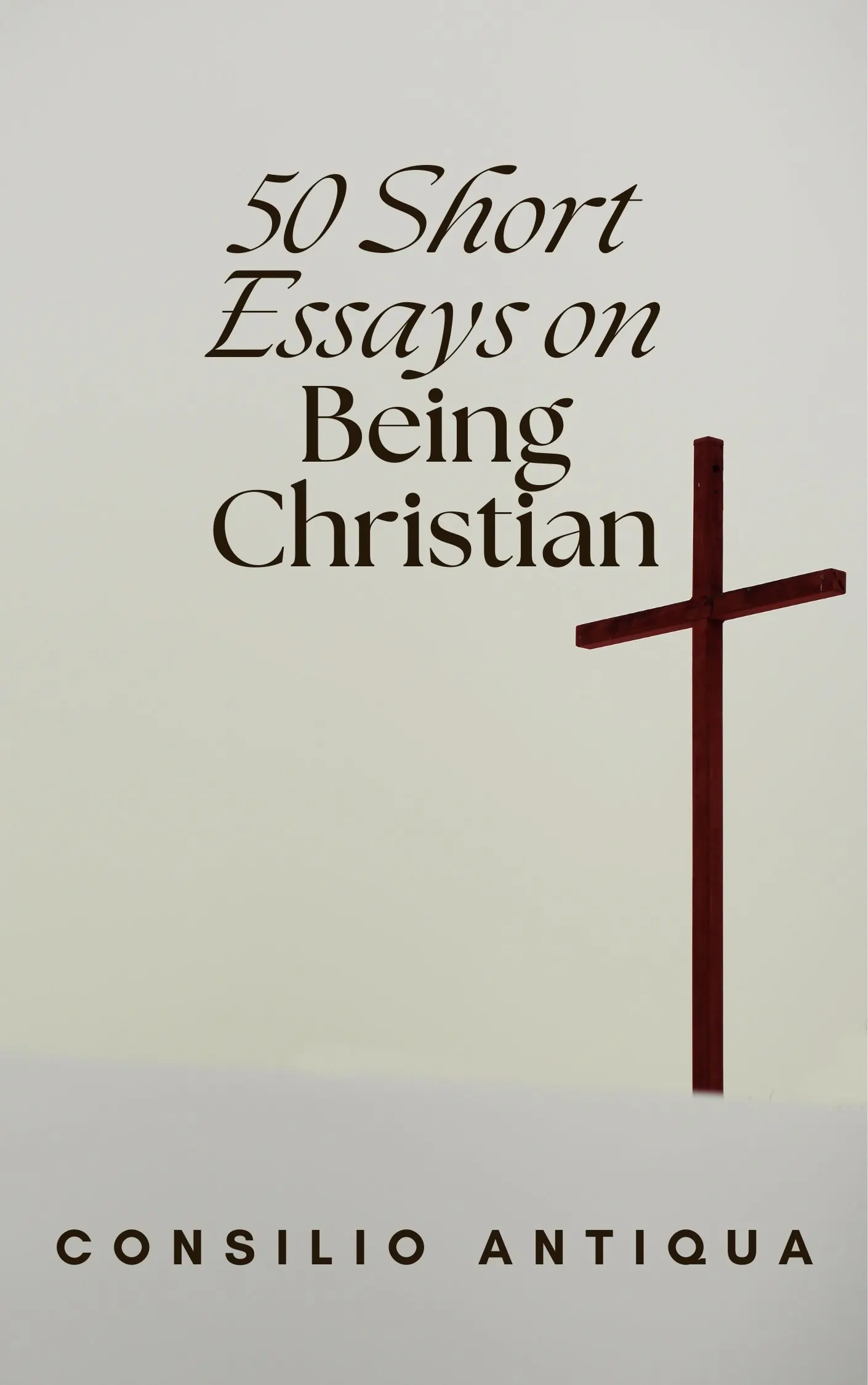
50 Short Essays on Being Christian | Chapter Interfaith Dialogue
Chapter Interfaith Dialogue
Understanding other faiths deepens our own
A Tapestry of Beliefs
When we speak of faith, we often imagine walls — lines drawn in the sand, separating us from those who believe differently. But what if the truth lies not in the walls, but in the spaces between them? What if engaging with other faiths, listening to their whispers, is not about erasing our own beliefs, but about enriching them?
This is the paradox of interfaith dialogue: it can feel like a surrender, a blurring of boundaries. Yet, the very act of stepping outside our own traditions, of listening to the voices of another, can be a profound act of deepening our own understanding.
The Search for Truth
We may cling to our own beliefs as if they are the sole answer, the ultimate truth. But what if truth is not a singular point, but a vast, ever-expanding horizon? What if the search for truth is not a race to the finish line, but a journey with no fixed destination?
Could it be that the truths found in other faiths, however different from our own, offer valuable insights, illuminating aspects of our own beliefs that we may have overlooked? Like pieces of a puzzle, these different perspectives can fit together, revealing a larger picture of human understanding.
The Mirror of Difference
We often fear difference, viewing it as a threat to our own beliefs. Yet, what if difference is not a threat, but an opportunity? What if the differences we encounter in other faiths serve as mirrors, reflecting back to us the richness and complexity of our own?
By engaging with other faiths, we can see our own beliefs in a new light. We can recognize the limitations of our own understanding, while appreciating the beauty and wisdom found in other traditions.
The Common Ground
While our beliefs may differ, there are also common threads that run through the tapestry of faith. We may worship different deities, follow different rituals, or interpret scriptures differently, but all faiths share a core desire for meaning, connection, and purpose.
It is in these shared aspirations that we find a common ground, a space where differences can be acknowledged and celebrated, rather than feared.
Whispers of Wisdom
The whispers of other faiths can challenge our assumptions, broaden our horizons, and inspire us to see the world with new eyes. They can remind us of the beauty and complexity of the human spirit, the vastness of the divine, and the interconnectedness of all creation.
Engaging in interfaith dialogue is not about erasing our own beliefs; it is about deepening them, refining them, and enriching them with the wisdom of others. It is about recognizing the truth in other faiths, not as a threat, but as a source of inspiration, a testament to the infinite possibilities of human belief and experience.
The Invitation
Perhaps the greatest gift of interfaith dialogue is not a set of answers, but a set of questions. It is an invitation to step outside of our comfort zones, to embrace the unknown, and to engage in a lifelong journey of learning, reflection, and mutual understanding. This is the path towards a more just, compassionate, and enlightened world – a world where differences are not walls, but bridges, and where the whispers of other faiths become a symphony of hope.
What whispers of wisdom do you hear in the tapestry of faiths?
